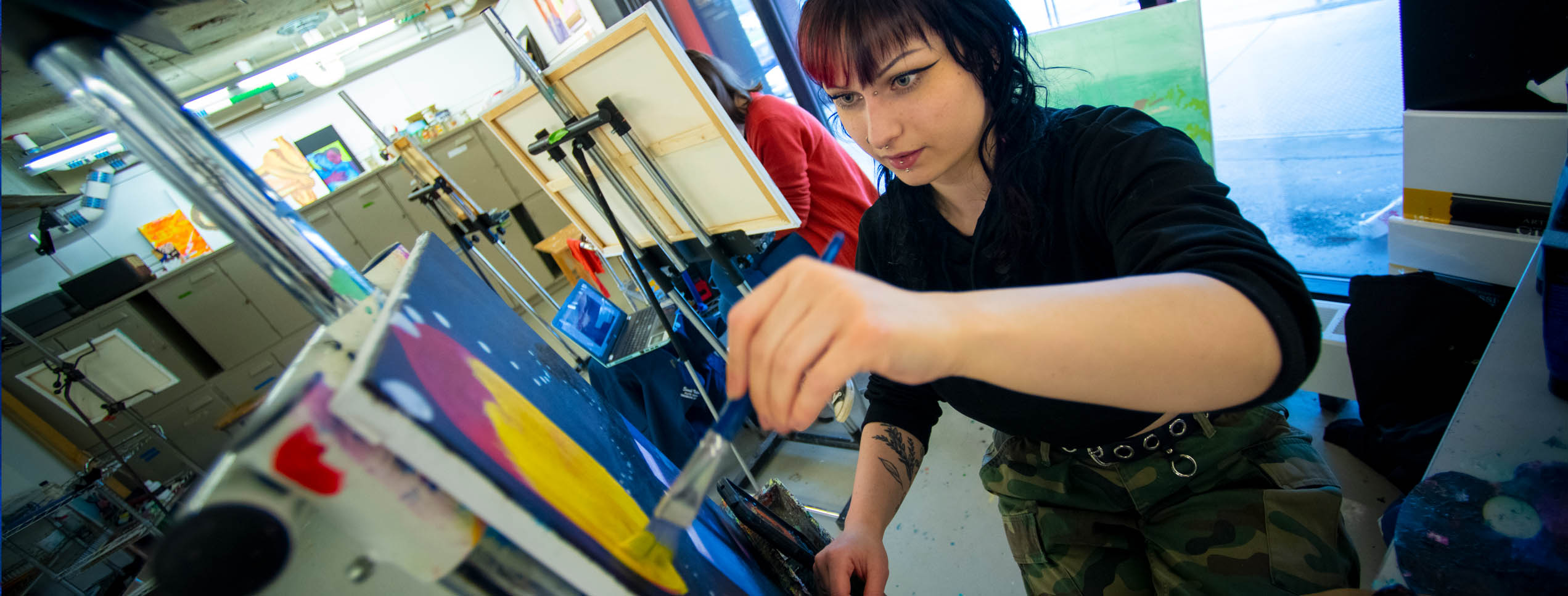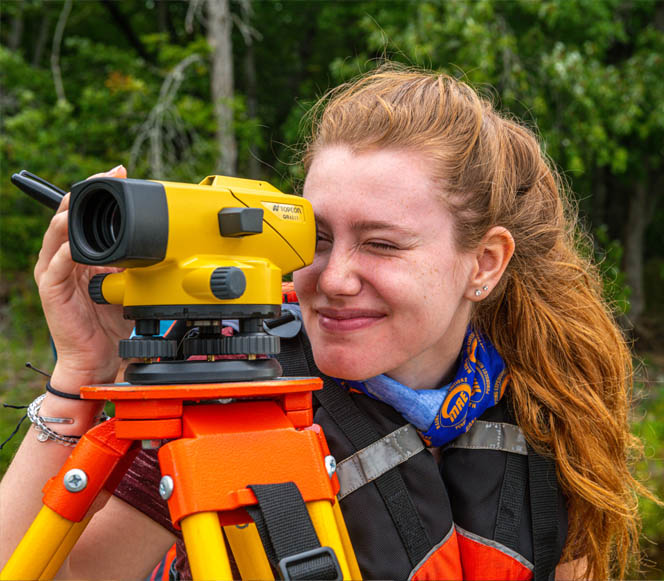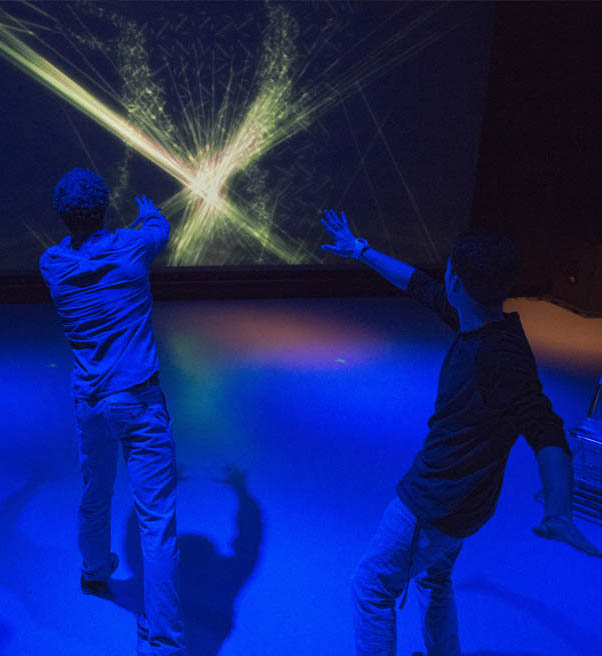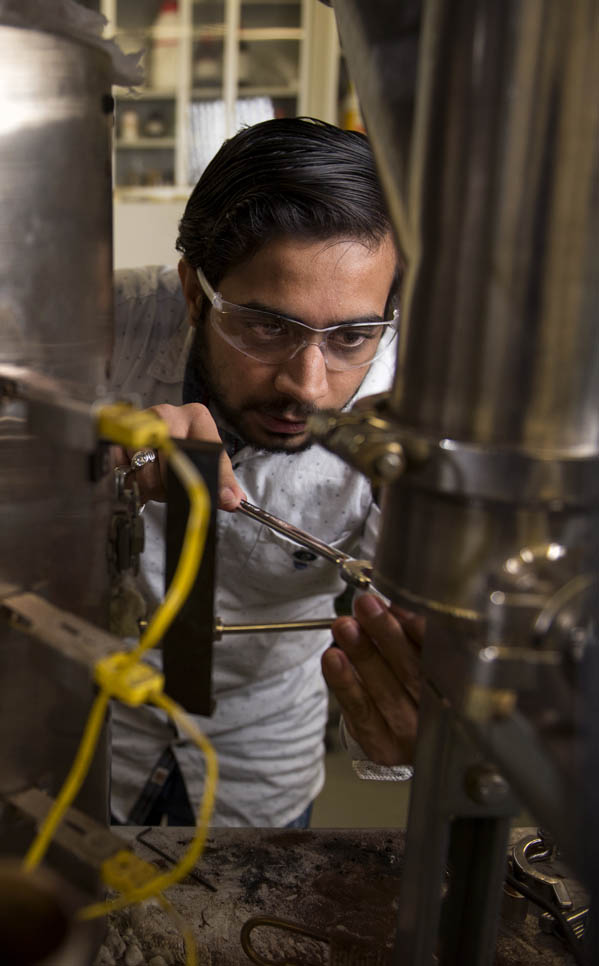
Dialogues Across Disciplines
Transdisciplinary literacy is vital for engendering life-long growth and the ability to see and experience the world in different ways and through different lenses. UMaine should encourage dialogues across disciplines through new courses, colloquia, and research collaborations where faculty and students can join together to solve problems through multi-disciplinary approaches. Interdisciplinary research and experiential learning facilities can support and highlight the creative and innovative intersection of arts and humanities, sciences, and technology.
Dialogues across disciplines spark ideas and new ways of thinking and doing. They can also support the articulation of the diverse array of our creative and scientific pursuits and discoveries in ways that are accessible and noteworthy to many different audiences. These interdisciplinary conversations are crucial to fostering examination and discussion of issues of responsibility, integrity, and impact in the creative and research questions and projects we pursue.
Focus Areas
- Interdisciplinary Conversations
- Interdisciplinary Research
- Interdisciplinary Action
Recommendations
Demonstrate leadership in interdisciplinary research and learning.
UMaine should promote transdisciplinary literacy for its students and graduates that engenders life-long growth and the ability to see and experience the world in different ways and through different lenses. Artistic work feeds research discovery and analytical disciplines bring depth to music and the performing arts. There is a symbiotic relationship between arts and technology.
Harness the creative and performing arts, music, dance to complement STEM disciplines.
Prioritize development of skills that translate across disciplines and across life (especially in terms of writing, communicating with people professionally, making presentations, technological skills, financial literacy, etc.).
Technology pushes you toward people who look like you, think like you, have similar interests. Universities need to foster values of global competency including understanding the connectedness of activities, and demonstrating socio-emotional skills. The best predictor of socio-emotional skills lies in whether students have met people from other countries, diverse backgrounds and cultures.
Reconstruct General Education program around a problem-based focus. Students would choose an interdisciplinary track focused around one of these problems and pursue it with a cohort of peers. Examples of tracks could be Climate Change, Social Service Provision, Education Reform, DEI, Changing Technology, Education for Real Life, etc. RLEs could also be a part of this work.
Consider creating genuinely cross-disciplinary courses that allow students and faculty members to work on talking with and learning about other ways of thinking and approaching questions and problems.
Commit resources to creating Centers of Excellence.
Support the visual and performing arts as critical in helping to weave diverse cultures into the DNA of the institution.
Create program that allows for professors to tour other professors’ classrooms and labs to see different approaches to teaching and pursuing research, including seeing models of integrating students into research as well as seeing innovative classroom approaches to education.



